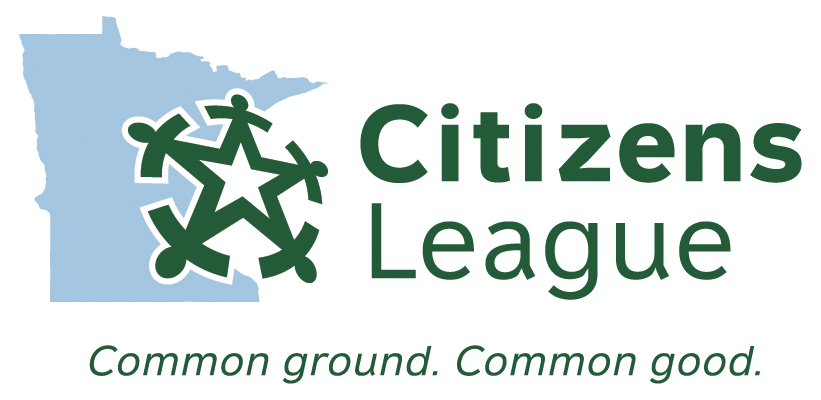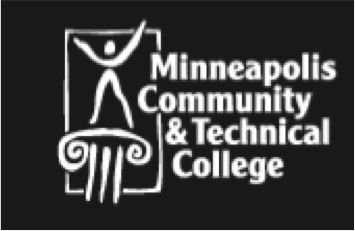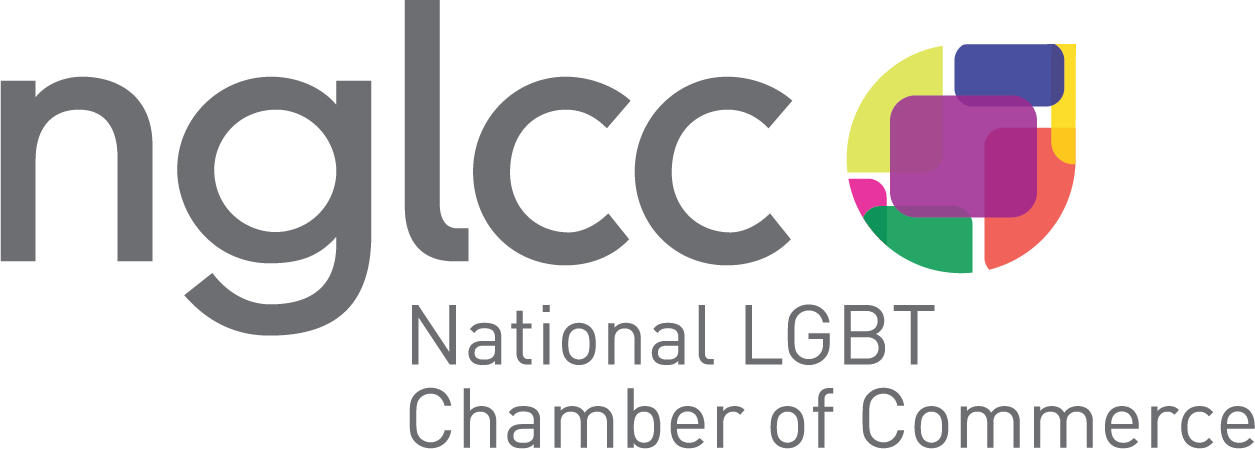As I was laying on the massage table today, I realized a recurring theme to my week and really to the year, hit me. Eiko, my amazing bodyworker, asked me, “Is this level of pressure okay or would you prefer a different pressure?” Eiko’s question shook me from the jolt of pain that shot through my body from neck to toes and encouraged me to return to my thinking and speaking abilities again. Eiko had one finger on a knot on my neck muscles that I am reminded of frequently as a place where I hold stress, tension, and anxiety in navigating daily life.
This question was aimed at re-centering my focus on my own agency in the healing process, as well as make me aware that this physical discomfort was a pattern, urging me to assess my posture, exercise, breathing, and full-body mobility. Eiko was literally asking me if I wanted to lean into the discomfort or move away from it in the moment. As a queer person of color who navigates as a gender nonconforming person, I fully appreciated the option to opt out in this moment.
Earlier this week, I shared with a team of white-identified higher education professionals that the idea of “opting out” of deconstructing white culture, white supremacy, and “doing the work” as professionals with dominant identities is a symptom and a benefit of white privilege. Leaning away from discomfort is an option that privilege affords us in a multitude of systemic and interpersonal contexts. Similarly, I noted that opting out is not a choice for me (and many of their teammates) given the daily reminder of “otherness”, contextualized privilege and oppression dynamics, and that is not something that I can opt out of.
In short, each of us (regardless of functional area) have a responsibility to incorporate critical understandings of historic and contemporary dynamics of oppression into our professional development, personal learning, and daily professional practice. It is not “extra work” to be cautious of “adding on top of your position’s duties”.
“One of the benefits of privilege means that the world is structured in such a way so (not to) protect privileged people from discomfort (this is a false promise of privilege)… The urge to react from our gut is a quick fix to run away from that discomfort. If we can practice contacting it, lightly, with curiosity and compassion, we have a better chance of breaking the cycle of oppression and violence that occurs when ‘bite the hook’.”
(Source: “Integrating Mindfulness into Anti-Oppression Pedagogy Social Justice in Higher Education” by Beth Berila, page 110)
I want to encourage individuals with a white, straight, able-bodied, U.S.-born, male, cisgender identity or any combination of these identities to assume that doing your own self-work from a critical lens is implied. I am making the implicit very explicit. You cannot opt out of this work because it is not comfortable, because you “don’t have the answers”, or you “don’t want to mess up”.
I have opted in to work with white allies, as this is part of my own cultural upbringing. This was a difficult choice many of us were confronted with when this President was elected. I was raised by my white mother and surrounded by white family members in very formative years of my life. As a light-skinned, mixed-race person with this experience, I have committed to engaging as an educator and coaching white allies (and hopefully moving on a path towards accompliceship) and providing resources to white-identified individuals with the goal of decreasing the emotional labor of my BIPOC (black, indigenous, people of color) peers.
I share that I have opted into engaging in this work with white allies because many BIPOC peers and colleagues have not (for very good reasons). I share this decision because I choose to put myself in learning relationships with well-intended white allies and I want to shed light on the necessity of consent and agency for BIPOC individuals to do the extra emotional labor that we cannot often opt out of.
Leaning into the discomfort is an option afforded to some and a daily reality for others. Leaning into the necessity of this ongoing critical self-reflection and situating ourselves historically within social systems is an option for some of us.
Learning Resources:
- Ching, C.D. (2013). Why race? Understanding the importance of foregrounding race and ethnicity in achieving equity on college campuses. Los Angeles, CA: Center for Urban Education, Rossier School of Education, University of Southern California.
- Social Justice Toolkit series
- Diversity, Equity, and Inclusion Resources
- LGBTQIA+, Gender, and Sexuality Resources
Subscribe to our listserv
Want free resources, tips, and tools?









I appreciate what you wrote. This is excellent. I have one critique about part of the language you used, but not the article. It’s cisgender. Not cisgendered. Likewise with transgender and not transgendered. http://ethics.npr.org/memos-from-memmott/reminder-its-transgender-not-transgendered/
I’m glad to share this after editing has happened because I don’t want people misusing language through ignorance. Thank you for all you do. Your work is seen and heard.
Hey Loren,
Thanks so much for catching that language misuse and bringing it to my attention. The ironic part is I’m embarrassed that I even used it. My students and colleagues know this to be one of my many “soap boxes”, to not add -ed to transgender and cisgender. Thanks for being in community with me. I appreciate you.
Dear Saby, your writings are beautifully and poignantly portrayed. You humble me with your generous spirit to teach and lead with humility. Never stop! We (me, as your white ally) need you! Please let me know if I can share this on my fbk feed or via messenger with others? Your message has been clearly heard – thank you for all the work you do
Marti, continue to do the amazing and humble work you’re doing. Please do share with your networks. Thanks for all that you do.